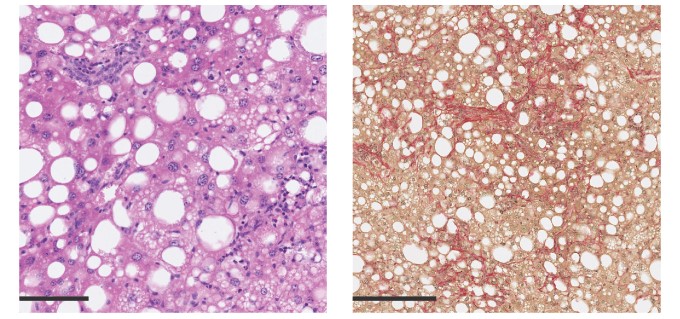The Troutman Research Lab
The Troutman Lab investigates the functions of tissue-residing myeloid cells, including macrophages, in regulating health and disease. Macrophages reside in all tissues, where they contribute to innate immune surveillance, clear cellular debris and promote repair in response to injuries. In addition, macrophages and other recruited myeloid cells participate in disease processes associated with obesity, allergic inflammation, suppression of anti-cancer immunity and neurodegeneration. Within each tissue, myeloid cell subtypes adopt specialized roles through unique combinations of niche-provided signals. As a result, myeloid cells may diversify further during disease because of environmental perturbation.
In the Troutman Lab, established in July 2021, we couple cellular and molecular immunology approaches to quantitative analyses of dynamic epigenetic factors ultimately controlling gene expression. With these approaches, we discover novel intercellular and intracellular mechanisms controlling tissue myeloid cell behaviors during health and disease.





